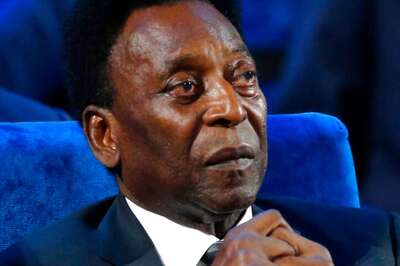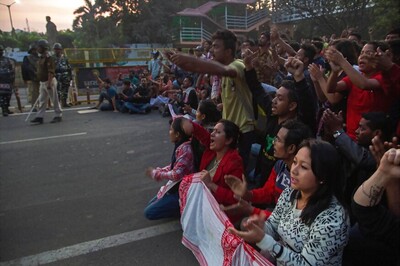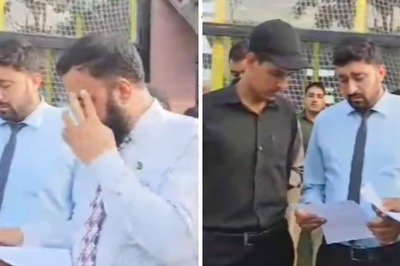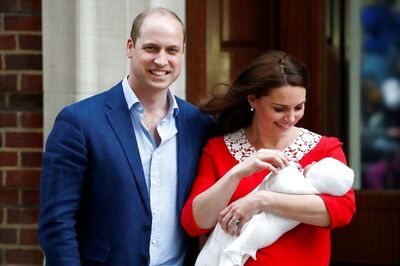
views
WASHINGTON:The Biden administration is considering creating a task force of officials from the U.S. Justice and State Departments and other agencies to help local prosecutors fight corruption in Central America’s Northern Triangle countries, a senior U.S. official said on Thursday.
Ricardo Zuniga, U.S. special envoy for Guatemala, Honduras and El Salvador, also told reporters that the U.S. government has authority from Congress to craft lists of Central American officials involved in corruption, revoke their travel visas and impose financial sanctions on them.
Zuniga spoke just days before Vice President Kamala Harris, chosen by President Joe Biden to lead diplomatic efforts with Central America, is due to hold a virtual meeting with Guatemalan President Alejandro Giammattei to discuss solutions to the increase in migration to the U.S. border with Mexico.
U.S. officials see corruption as one of the main root causes of the flow of migrants, along with poverty and gang violence in their home countries, and want to make sure a $4 billion aid package being put together for the region does not fall prey to graft.
“It’s important for the United States to show that we’re on the side of those who are victims of corruption,” Zuniga told a telephone briefing.
With apprehensions at the U.S.-Mexican border at their highest level in two decades, mostly fueled by Central American migrants, Biden is ramping up efforts to ease a humanitarian crisis there that has been one of his first major tests since taking office.
The regional task force under consideration would focus on specific corruption cases and helping prosecutors in those countries move forward with their investigations, Zuniga said.
He said the United States was disappointed with the collapse of anti-corruption bodies in Guatemala and Honduras, which he called “setbacks in an effort to promote transparency and combat impunity.”
The Biden administration has been exploring ways to revive some of the functions of these bodies, which lost U.S. support under former President Donald Trump. But reinstating anti-graft units would face staunch opposition from political and business elites.
Guatemala pioneered a U.N.-backed model for fighting corruption with the International Commission against Impunity in Guatemala, CICIG, a team of lawyers and veteran investigators who worked with prosecutors.
But its work provoked a formidable backlash and it was pushed out of the country in 2019. In Honduras, a similar group was also forced to shut down.
Last week, Guatemala’s Congress continued its campaign against prominent anti-corruption fighters by citing technicalities to shunt Judge Gloria Porras from the highest court.
Issuing a warning, Zuniga said: “We have a mandate from the U.S. Congress to develop lists of officials who are involved in corruption and to propose actions against them.”
He said actions could range from revoking U.S. visas of people suspected of corruption as well as family members. He also said the Justice and Treasury departments could single out offenders. Such sanctions often entail freezing U.S. assets and forbidding Americans from conducting business with them.
Disclaimer: This post has been auto-published from an agency feed without any modifications to the text and has not been reviewed by an editor
Read all the Latest News, Breaking News and Coronavirus News here. Follow us on Facebook, Twitter and Telegram.


















Comments
0 comment